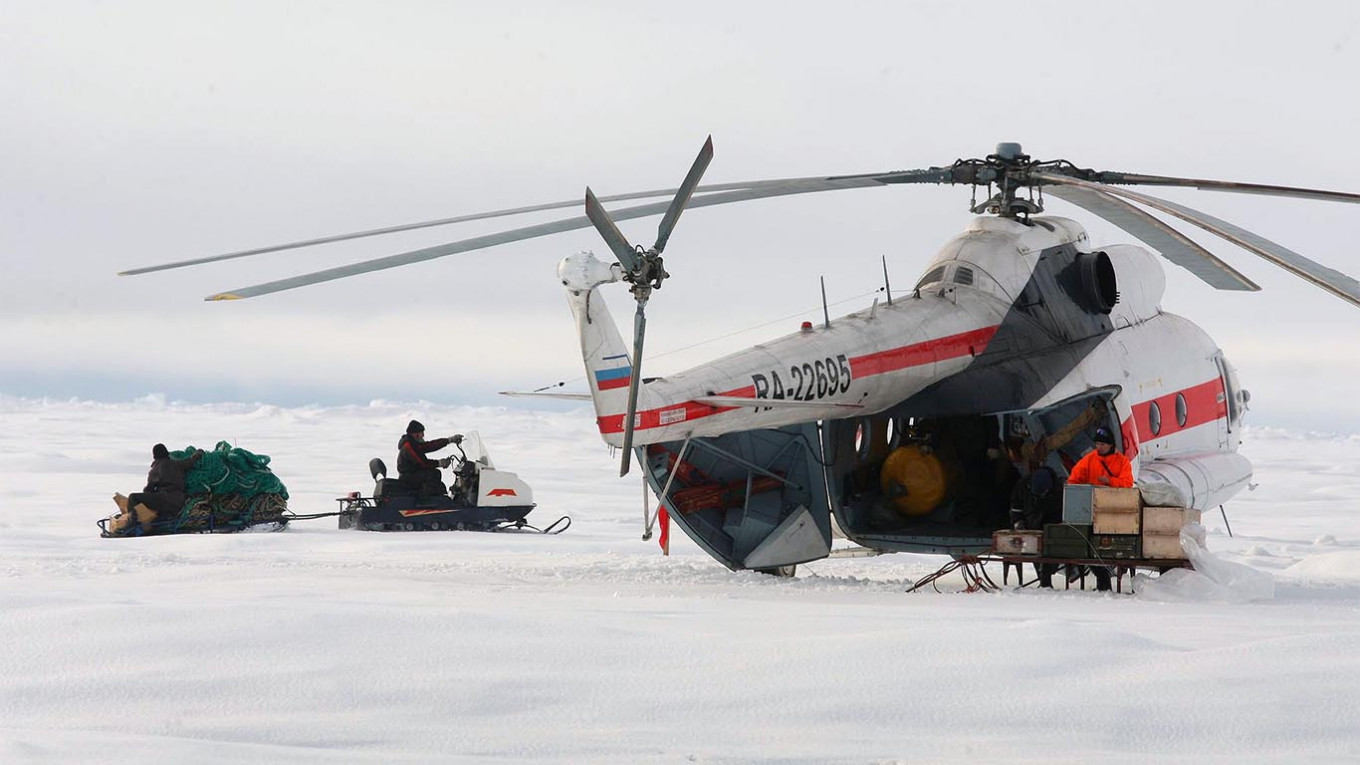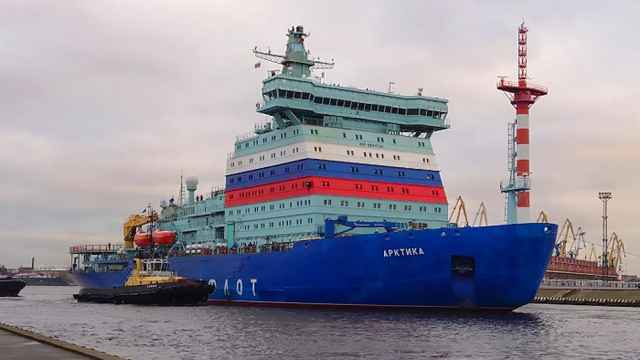Russian companies are racing to send drones into the Arctic as the country expands its foothold in the forbidding region and climate change gradually opens shipping lanes, experts told Forbes magazine.
Manned crews in the Arctic face aircraft icing, volatile sea ice and extreme temperatures without support or communications infrastructure, the U.S. defense think tank RAND has explained.
Russian state industrial conglomerate Rostec is the latest player to enter the unmanned aerial vehicles market, with one of its subsidiaries announcing last week a partnership with a Latvian startup to make tiltrotor convertiplanes for the Arctic.
At least two major Russian companies have developed and begun tests of helicopter drones with higher payloads and longer ranges adapted for the Arctic.
Russian researchers are looking into ways to make drones fly for four straight days and take off and land vertically at top speed, while the government is funding university-level research into Arctic UAVs.
The Russian military said last month it was considering using attack drones to protect its national borders in remote parts of the Arctic and the Far East.
Drones in the Arctic are attractive for their potential to save both money and lives, Center for Naval Analyses adviser Samuel Bendett told Forbes.
“A tiltrotor aircraft offers the advantages of both helicopter and aircraft in terms of lift capacity, in-flight stability and airspeed,” he said.
“The Russian industry and military is turning to unmanned systems specifically developed for the Arctic weather conditions as a way to save money, expand capabilities and prevent potential human pilot losses.”
Bendett predicted that Russia will step up investments in its Arctic infrastructure to tap the region’s rich natural resources and secure a coveted shipping lane known as the Northern Sea Route.
Ice in Russia’s Arctic waters disappeared last summer, further increasing the Northern Sea Route’s accessibility to container ships.
A Message from The Moscow Times:
Dear readers,
We are facing unprecedented challenges. Russia's Prosecutor General's Office has designated The Moscow Times as an "undesirable" organization, criminalizing our work and putting our staff at risk of prosecution. This follows our earlier unjust labeling as a "foreign agent."
These actions are direct attempts to silence independent journalism in Russia. The authorities claim our work "discredits the decisions of the Russian leadership." We see things differently: we strive to provide accurate, unbiased reporting on Russia.
We, the journalists of The Moscow Times, refuse to be silenced. But to continue our work, we need your help.
Your support, no matter how small, makes a world of difference. If you can, please support us monthly starting from just $2. It's quick to set up, and every contribution makes a significant impact.
By supporting The Moscow Times, you're defending open, independent journalism in the face of repression. Thank you for standing with us.
Remind me later.






